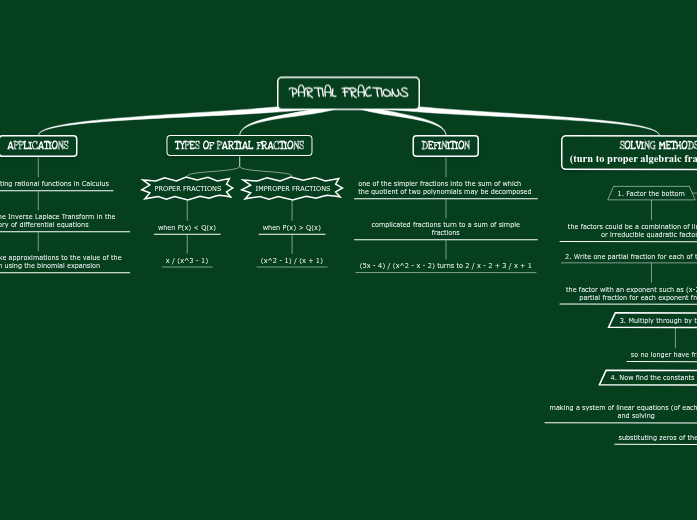realizată de Patel Sheil 7 ani în urmă
851
Chapter 4,5,6: Quadratic Relations
Quadratic relations encompass various mathematical concepts, including linear relations and their characteristics, such as x-intercepts and y-intercepts. The vertex is a crucial point where the curve changes direction, and the parabola, a symmetrical open-plane curve, is defined by its axis of symmetry.









